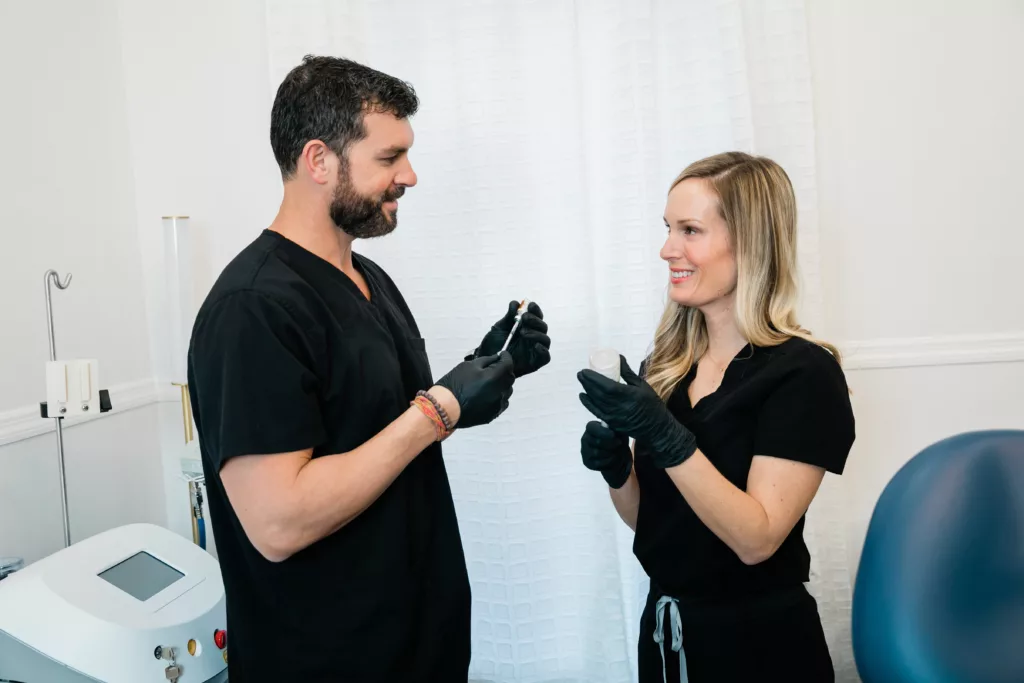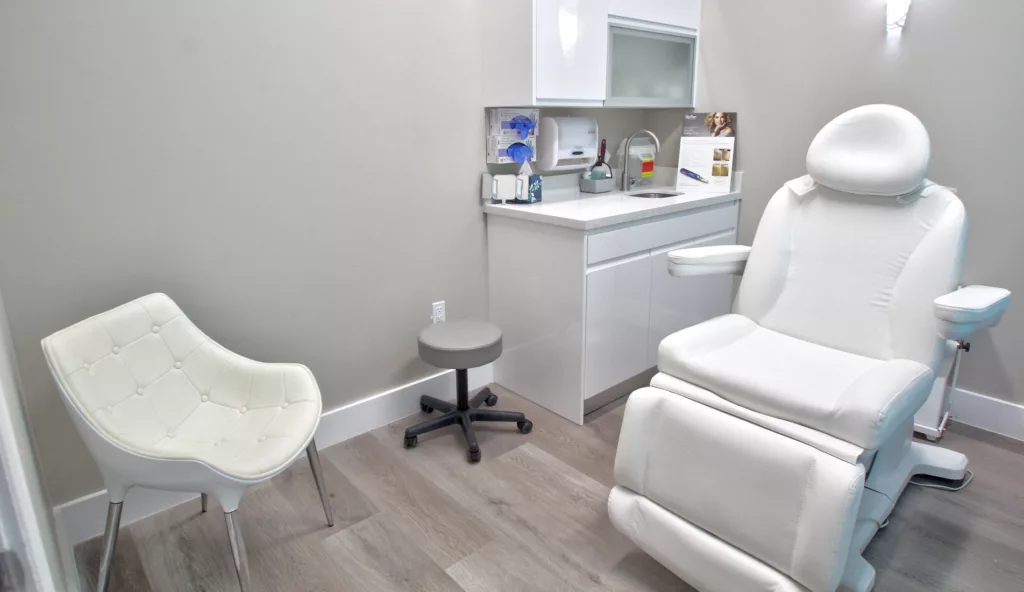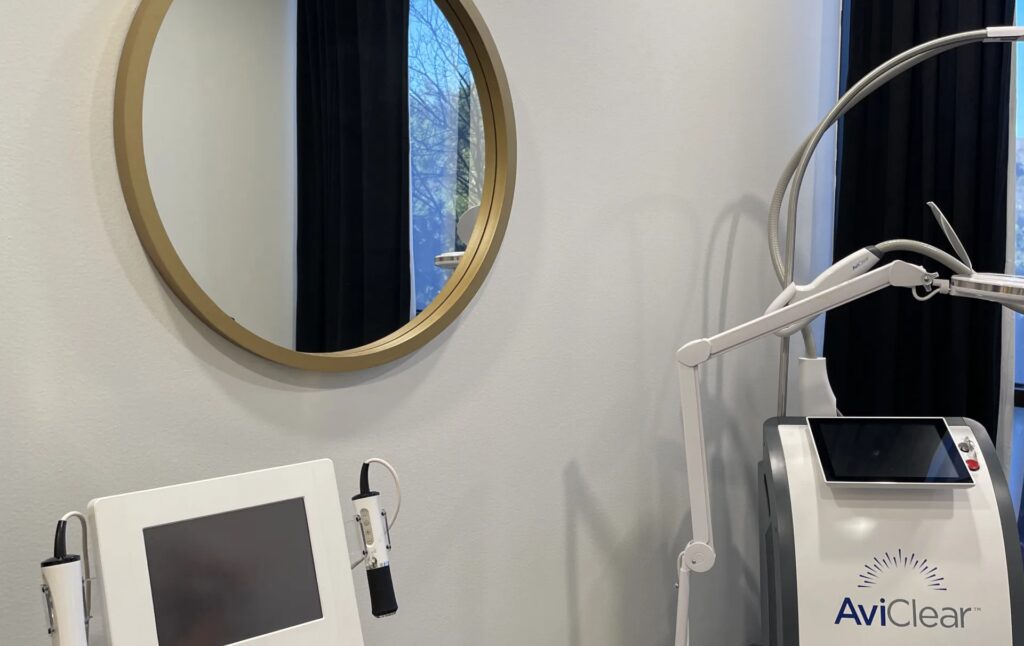When discussing taxes in healthcare practice sales, it's crucial to get expert advice. We recently spoke with Brittany Burke of Centri Business Consulting, who advises on healthcare M&A transactions and previously spent nearly a decade at KPMG. Her insights help clarify some of the most important tax concepts you'll encounter when selling your practice.
Purchase Price Allocation: How Your Sale Price Gets Divided
Think of purchase price allocation as dividing up your practice's total value into specific buckets. "Every laser, chair, and instrument gets assigned a value," explains Burke. "After valuing all the existing individual assets, the remaining value is allocated to intangibles or goodwill, which typically makes up the majority of the practice value."
For perspective, Burke notes that equipment and physical assets often represent 20% or less of a practice's total value. The rest comes from your brand, patient relationships, and reputation.
Depreciation Recapture: When Past Tax Benefits Come Due
As Burke explains, depreciation recapture often surprises practice owners during a sale. While you've benefited from depreciation tax deductions over the years, these can create unexpected tax obligations during the sale.
She offers this example:
- You purchase a laser for $500,000
- After four years of depreciation, your tax basis is $100,000
- If the buyer values it at $150,000, that $50,000 difference gets taxed as ordinary income
F Reorganization: Protecting Both Buyer and Seller
For practices operating as S-Corporations, Burke regularly recommends considering an F-Reorganization (F-Reorg). "Whenever a client approaches me on the buy side," she shares, "I first look to see if that practice is an S-Corp. If it is, I recommend an F-Reorg immediately, which reduces the diligence procedures on the income tax side."
While it sounds complex, Burke emphasizes that F-Reorgs are standard practice in healthcare transactions. Your legal and tax advisors can manage the technical aspects, ensuring proper timing and execution.
Planning Ahead Makes All the Difference
As Burke notes, these tax considerations are standard parts of practice sales - especially when selling to private equity-backed groups. The most successful transitions often involve planning years in advance, not weeks or months.
Working with experienced advisors who understand healthcare practice sales can help you:
- Structure the deal optimally for taxes
- Maintain compliance through the transition
- Maximize your after-tax proceeds
- Protect both parties' interests
Don't wait until you're ready to sell to start understanding these concepts. As Burke emphasizes, surrounding yourself with a reputable team is key to navigating each step. The most successful practice sales - those achieving premium valuations - often begin with owners who started planning years ahead of time.



